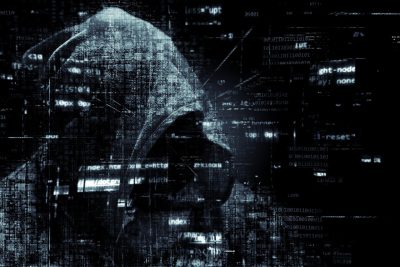The largest dark web marketplace for stolen credit and debit cards, UniCC has stated that it’s shutting down its operations. Since 2013, UniCC has earned $358 million in purchases entailing cryptocurrencies such as Bitcoin, Litecoin, Ether, and Dash.
“Don’t build any conspiracy theories about us leaving,” the anonymous operators of UniCC said in a farewell posted on dark web carding forums, according to blockchain analytics firm Elliptic. “It is [a] weighted decision, we are not young and our health do[es] not allow [us] to work like this any longer.”
The UniCC team gave its users 10 days to spend their balances, while also warning customers to “not follow any fakes tied to our comeback.”
UniCC and other similar platforms operate as an underground marketplace wherein credit card information stolen by injecting malicious skimmers are traded for cryptocurrency. The information is usually stolen from online retailers, banks, and payments companies. Criminals use stolen card details to buy high-value items or gift cards.
Also read,
“This process is known as ‘carding,’ and it has become a key part of the cybercriminal’s playbook,” Elliptic researchers said. “The technique is very profitable in its own right, but it is also used to help launder and cash-out cryptocurrency obtained through other types of cybercrime.”
UniCC’s withdrawal comes a year after Joker’s Stash, the former market leader, quit its operations in January 2021. Joker Stash quit after selling approx $400 million in stolen cards, and the exit went in favour of UniCC, which quickly grabbed the top spot with a 30% market share.
A growing number of criminal marketplaces, including White House Market, Cannazon and Torrez, have voluntarily retired in the last year. This was followed by Monopoly Market, which became inaccessible early this month in what’s suspected to be an exit scam.
However, newcomers are swiftly filling the void created by old players leaving the business. Sales have surpassed $ 1.4 billion just in Bitcoin, making it a lucrative market for cyberattackers.





